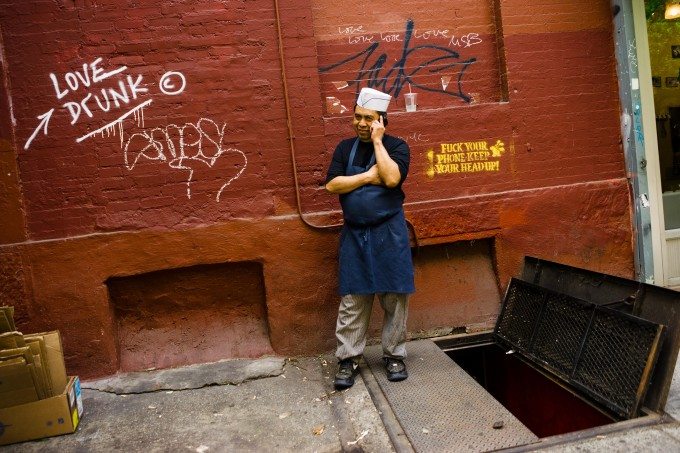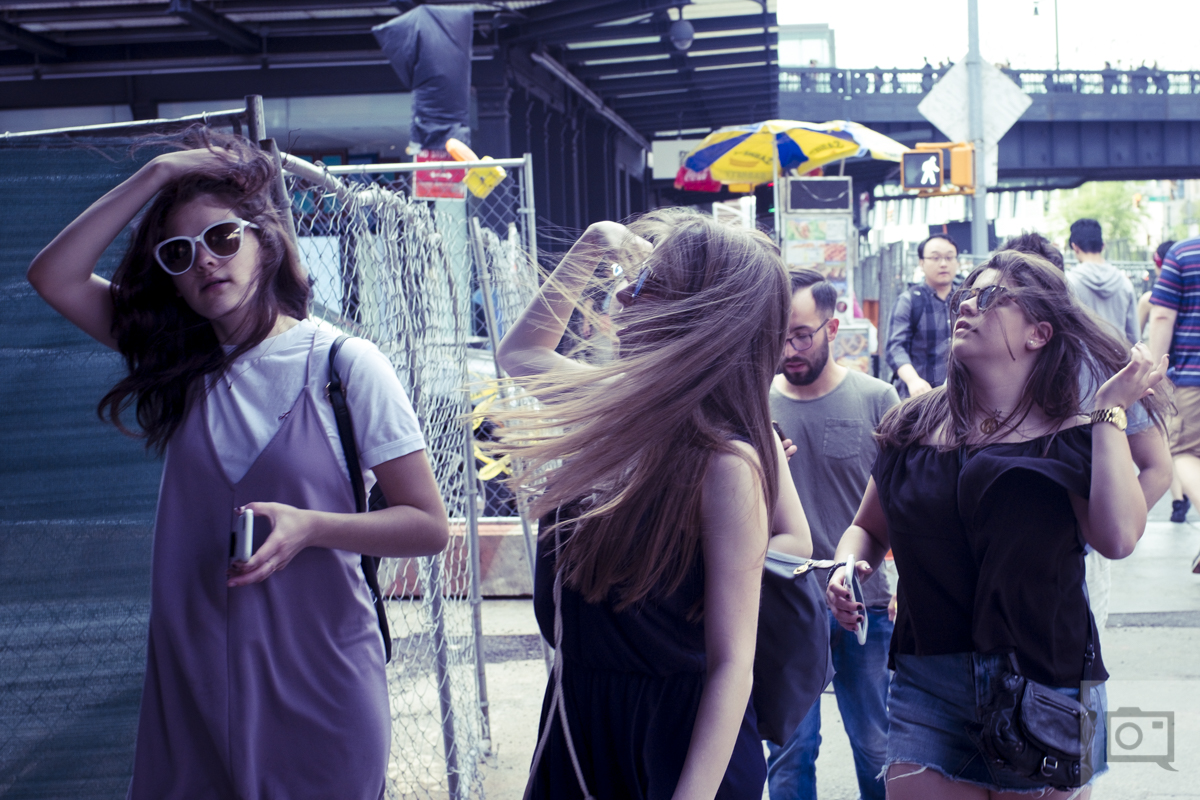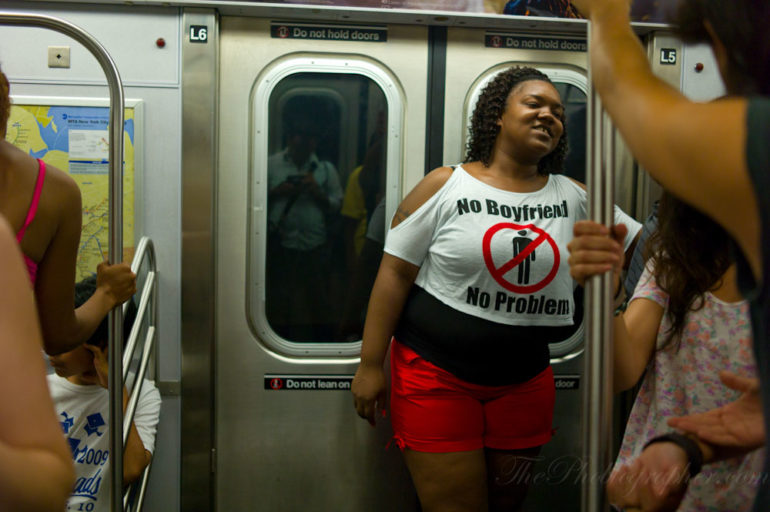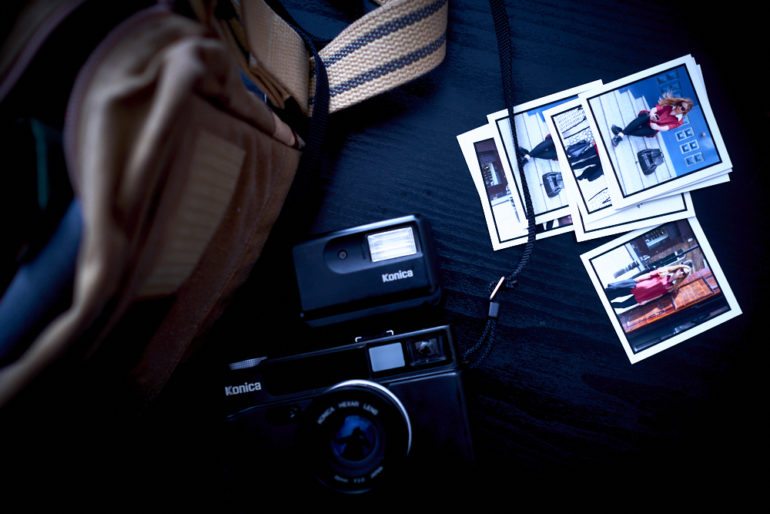Last Updated on 10/01/2020 by Chris Gampat
We’re so used to our images being stolen and us saying that the images are stolen, but are they really?
I genuinely believe that as a photography community, we need to redefine the idea of photo theft. The inference from this comes from a nearly 10 year blog post about copying and piracy. Both the music and video industries have far more money than us as photographers and have been able to figure out a way to stand up for their rights in order to get more money and have the issues they want policed thoroughly. And so the post, along with a lot of what’s been happening with copyrights in the photography world have been really making me think about the idea of photo theft.
Now, let’s figure out photo theft. I think we can all agree that stealing is when you take something that isn’t yours and you don’t have consent or permission to do so. For example, if I come and take the tires off of your car or your bike, I’m stealing the tires. I didn’t ask you for them. If I asked you for them, then that’s a different story–but I clearly stole them. When you upload an image to a platform that basically takes away your rights like Facebook, Twitter, Instagram, etc then you give up your rights to the photos. But it’s different on other platforms. If you’re on Behance and you set your images as All Rights Reserved, then no one has the right to take your images and do what they want with them. But if someone uses your images when you set the rights usage to creative commons with no rights attached, then your photos are free game just like they are with Unsplash–that horrible, horrible place.
However, theft of images often is associated with some sort of commercial or promotional means. If someone took my photo and used it as the background of their phone, I’m not really going to cry about it if they didn’t have permission. If they take my photo and try to make a massive print of it for their living room when I could have sold them a print, then I’ll be pretty angry and I’ll consider that theft. Either way, what the offending person is doing is basically theft.

But when we talk about photography theft, we often have that commercial and marketing connotation to it as I stated. And so at my age, I think that there is a difference between piracy and theft. Piracy is stealing for personal use. That is rampant across places like Instagram and Facebook because the platforms literally allow for this as you work to build their castle up while they have the right to kick you out whenever they want. Theft is more about someone taking my images and using them for their latest advertising campaign against my consent, will, and without my expressed permission. They probably also went ahead and modified the image to do whatever they want with it in order to suit their needs.
Neither of these are fair, right or legal. And so we need to instill these values into the future generations of photographers.
Perhaps Piracy–where your photos are used in situations where you can’t really make money from their usage, shouldn’t really be as heavily emphasized. But in situations where a photographer clearly makes taxable income from their images, the offender should be held to the full extent of the law.




